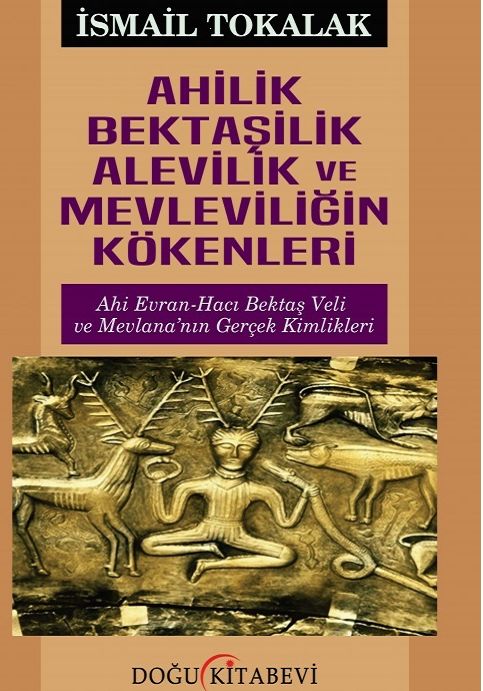
Ahilik Bektaşilik Alevilik ve Mevleviliğin Kökenleri
Origins of Ahilik Bektashiism Alevism and Mevleviism Book Description
One of the biggest problems of societies is to overly exalt their own culture, tradition, beliefs and ethnic origins, while constantly trying to find fault with the belief systems of groups that are not their own and trying to belittle them. For this reason, it has always been problematic for different religious groups and sects, different ethnic groups and cultural identities to define each other; It has resulted in painful consequences, including oppression, wars and massacres. Alevism is human- and love-centered, social, sharing, and men and women are equal. In short, it is universal. Alevism is the reflection of the tolerant true identity of Anatolia today. The source of the secrets, most of which are kept secret, lies in thousands of years of accumulation and synthesis. As you solve these, other doors and a different world will open for you.
Although the roots of Anatolia's guild organizations, Ahiism, Alevism and Bektashism, go back a long way, they are specific to Anatolia and have influenced each other. Ahiism; "Keep your hands, your table, your door open. Keep your eyes, your tongue, your waist tied." His teachings were also the basic principles of Alevism and Bektashism. Regardless of where its roots lie, Ahiism has taken its most perfect form in Anatolia. Akhism was a proud and magnificent organization in Turkish history, based on human-centered cooperation, labor, justice, employee and righteous earnings, which the Anatolian people continued for several centuries. Besides these, it is difficult to say the same things about Mevleviism. Mevlevis are not socialists. They did not express the problems of the oppressed classes. They have always been on the side of the upper class. They lived with the blessings of the rich, government officials and the state. They influenced the surroundings by using the beautiful words left by Mevlana and his capital of telling meaningful poetry. They did not care about the problems of the people, they lived from bread and water and consumed without producing. We tried to reveal the origins of these rather complex formations and the true identities of the characters who played an important role in these formations, accompanied by documents. Neither Anatolian Turkish identity nor Anatolian culture can be fully analyzed without knowing these facts, most of which remain behind the scenes.
(From the promotional bulletin)
Dough Type: 2nd Dough
Size: 13.5 x 19.5
First Print Year: 2017
Number of Printings: 1st Edition
| Publisher | : | Eastern Bookstore |
| ISBN | : | 9786052096178 |


